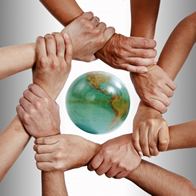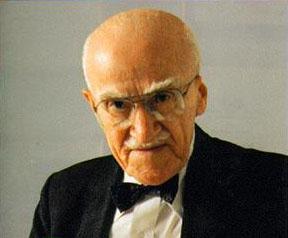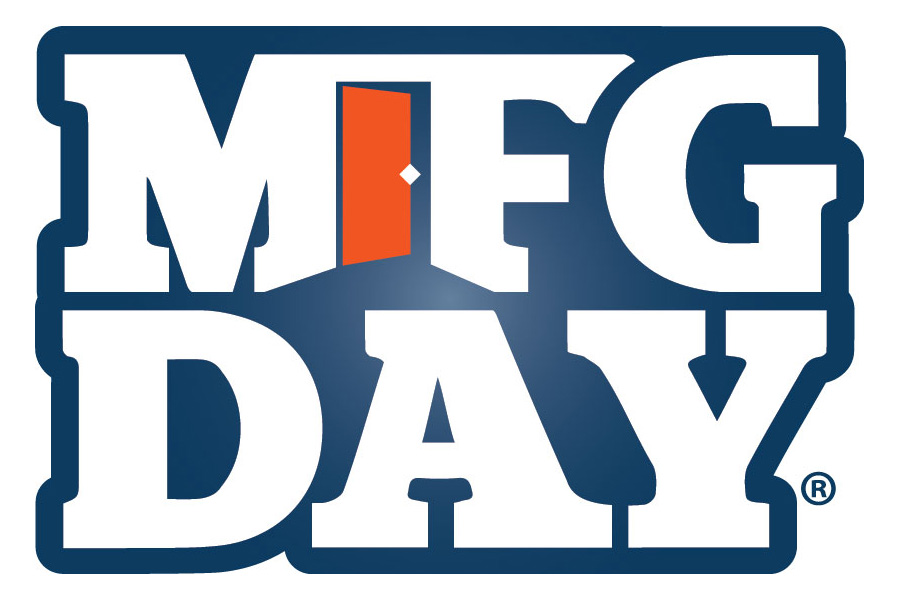In the last few years and because of the changes in the environment and world economy, the term Social Responsibility (SR) has become an increasingly discussed topic among consumers and organizations:
– consumers have become more alert of which products/services should buy, depending on how those products/services have been produced,
– organizations, in order to pursue a long-term profitability, credibility, and sustainability they have started looking different ways to become and act more social responsible.
It is known that SR is still a misinterpreted term. Lot of people/organizations think that it only refers to protect the environment (go green!), while others only to give money for social goods. To solve these issues, ISO (International Organization for Standardization) published in 2010 a new standard – ISO 26000: Guidance on Social Responsibility – to help organizations, regardless of their activity, size or location, to understand what SR really means, and to guide on how they can translate its principles into effective practices, acting in an ethical and transparent way that contributes to the health and welfare of society.
John Elkington – winner the ASQ Hutchens Medal for social responsibility in 2010 – said: “Looking back at the quality revolution, I see strong parallels with where we find ourselves today. Early on, a few businesses decided to view quality as an opportunity rather than a cost, and their investment in TQM paid off handsomely. To make this happen, leaders had to think completely out of the box. Later, TQM leaders took another step, expanding quality management beyond products into behaviors, a key next step both in terms of social responsibility and the wider sustainability agenda.” Agree!
BEHAVIORS – SR starts with us
The Workshop for Civic Initiatives Foundation (WCIF), Bulgaria, describes ISR in its position statement on SR as: “The ISR includes the engagement of each person towards the community where he lives, which can be expressed as an interest towards what’s happening in the community, as well as in the active participation in the solving of some of the local problems. Under community we understand the village, the small town or the residential complex in the big city, where lives every one of us. Each community lives its own life that undergoes a process of development all the time. And everyone of us could take part in that development in different ways, for example by taking part in cleaning of the street on which he lives, by taking part in organization of an event, connected with the history of the town or the village or by rendering social services to children without parents or elderly people. The individual social responsibility also could be expressed in making donations for significant for the society causes – social, cultural or ecological.”
ISR is at the roots of CSR, because a corporate comprises of individuals and hence determines the social responsibility culture it follows. If ISR becomes way of life, CSR may be an automatic end result.
EXAMPLES
* FIFA – International Federation of Association Football
Argentina, the third largest gold producer in South America, is working this year -2012- to create the world’s first national protocol on sustainable and socially responsible mining, in order to govern “the conduct and actions that mining companies should follow when prospecting or exploring mining opportunities” in Argentina.
If you are interested in read more about it, click here.
CONCLUSION
As every single thing we do in our life, company or community, we chose to do it; and so we do with SR (individual or corporate). SR is voluntary, it is an election we decide to make it or not. Everything is in our hands.
And because of this topic, the “Quote of the Month” I’ve selected is: “Be the change you want to see in the world” ~Mahatma Gandhi
Are you or your company committed to SR?
Image provided by: Apple’s Eyes Studio – FreeDigitalPhotos.net






11 Comments
John Hunter · July 26, 2012 at 11:21 pm
It seems to me if FIFA is committed to fair play they need to do much more to eliminate fake play (diving, faking injuries…) in the games. A photo op with kids is nice. But when the actual game play demonstrates the top players trying to cheat over and over and over each game it makes the photo op hollow.
Journal T. Living · July 27, 2012 at 6:06 am
Jimena, as we journey down the road of CQI now in its third generation with an ever-growing inclusive system's view, it now seems inevitable that the environment, sustainability and social responsibility would be encompassed in the term quality. The contradiction of quality and mining gold on the back of slave labor would be uncovered. As would the matter of a quality product built at the same time the surrounding environment is devastated. Many contradictions of "business as usual" would eventually be uncovered. Leadership and every function of an organization would come under the influence of CQI. The only way now CQI will not have this logical progression is if we bury our heads in the sand, which is a very real possibility. This is an appropriate time for this entry here in the US with the Penn State breakdown of leadership/management in the child abuse cases.- Daniel Lang
Jimena Calfa · July 27, 2012 at 8:21 am
Thanks John! My answer is bellow.
Jimena Calfa · July 27, 2012 at 8:22 am
Yes, contradiction exists. Every organization that is committed to SR like FIFA shows to the public what they are doing for the welfare of the global community, but the other side of the coin is well known. Added to that, we love to watch soccer games!
The same occurs with the tobacco industry, companies such as Philip Morris, are working "to help to address the problems that concern our stakeholders, including supporting soundly-based tobacco regulation and reducing the impact of tobacco consumption on public health.” Well, that it could be taked it as a social responsible company; but they are proposing solutions for problems they create. But those problems exist because there are consumers… consumers that demand those companies to be more social responsibles while are buying a pack of cigarette.
Like the mining gold protocol in Argentina, we are protesting against the destruction of our planet while buying a nice gold ring.
So which came first, the chicken or the egg?
SR is a matter of everyone. I think we could take SR as an important tool that will help any company and any single person to keep improving.
Thanks for sharing your thoughts! It's really interesting.
Jimena Calfa · August 1, 2012 at 8:18 pm
Kenneth Dohrmann from ASQ Community"
Well researched! Quality and Social Responsiblity are truly connected.
Doyel mirza · August 10, 2012 at 9:17 pm
community members who go through the auditing process–which can be anxiety inducing–but you make a great point about how strong systems and dedication to continuous improvement are what management systems are all about. Thanks for sharing.lean six sigma
kaizenspecialist · August 22, 2012 at 9:40 pm
Yes, I am absolutely agree..I think both are somehow closely related. Quality, at the end of the day is about our customers and Social Responsibility is basically people that can become our customers in the future. Thus Social Responsibility in another perspectives is taking one step early to relate to our future customers.
Jimena Calfa · August 22, 2012 at 9:41 pm
Thanks Josef for stopping by. Keep in contact!
Julia Contrada · September 6, 2012 at 9:58 pm
Great article, Jimena. It's easy to assume quality and social responsibility can be kept separate but they really go together. As a consumer, seeing a socially responsible company leads me to believe that quality is also a huge factor.
Jimena Calfa · September 6, 2012 at 10:03 pm
Agree! Thanks Julia!
Jimena Calfa · April 4, 2013 at 11:49 pm
Comment from Bootstrap SPR LinkedIn group:
– Ehtisham Syed: Thanks for posting this Jimena. Very informative and helpful.
Comments are closed.